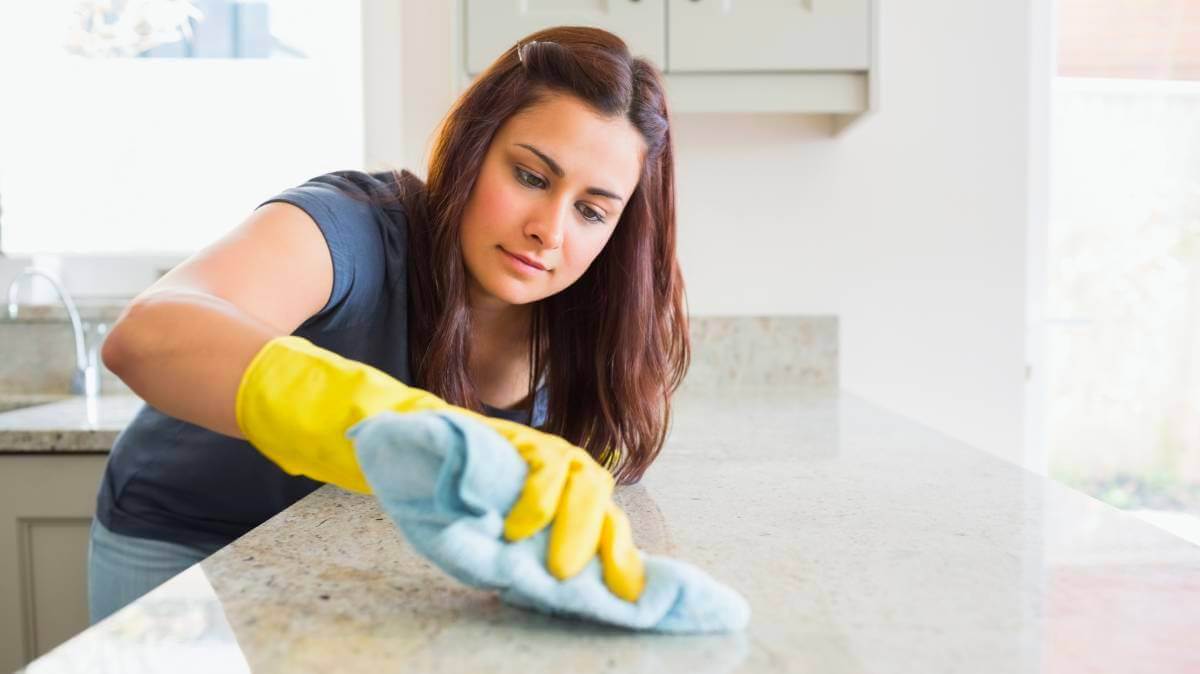“It’s not easy, being green,” sang Kermit the Frog all those years ago. Most of us, not being green at all, will have to take his word for it. Had Kermit instead sung “It’s not healthy, being clean,” his words would have had more meaning. That may surprise some, but the latest research on biocide use suggests we might be safer using them more sparingly.
Biocides are the grand poobahs of cleaning products. They are the detergents, bleaches and antimicrobials we use in the bathroom and other areas needing germs blown to smithereens.
But there may a problem with these warriors of hygiene. They may inadvertently be helping some bugs to survive and thrive.
Bugs and biocides (not a new Jane Austen novel)
I take a kind of perverse pleasure in hearing that we might be going too far with our use of biocides. My parents were both ‘clean freaks’, as are a couple of my siblings. I’m not sure what happened to me, the youngest of six, but I turned out to be the opposite.
I am a complete slob. It’s a rare meal after which some part of my clothing has not been stained or covered by crumbs. And I have no qualms about picking up and continuing to eat food I’ve dropped on the floor. Biocides? Bah! Five second rule? Ten second rule? No need for either. Just pick it up and pop it in the mouth.
It sounds pretty gross, and I suppose it is. I used to feel quite guilty about the disparity in hygiene between me and my other family members. But that began to change a decade or so ago. It was around that time I discovered research suggesting soaring allergy rates were linked to lack of dirt exposure.
Those kids who played in the dirt (the ‘Pigpen’ types, for those who read Peanuts comics) were less likely to develop allergies later in life. The same even went for pet hair. Early life exposure lowered the risk of later allergies.
Now it turns out that the use of biocides might be helping, rather than preventing, bugs become superbugs.
Is it time to throw away those cleaning products?
Perhaps not just yet. But Dr Liping Li, from the ARC Centre of Excellence in Synthetic Biology, says a rethink might be a good idea. Dr Li led a new study that investigates the way superbugs interact with the biocides intended to destroy them.
The study, published in Nature, was motivated by existing concerns that widespread use of antiseptic or disinfectant biocides could contribute to the emergence and spread of multidrug-resistant bacteria.
And the results support “the concern that residual biocides might promote antibiotic resistance in pathogenic bacteria”.
Why this is the case is still unclear, but one possibility is the concentration of the biocide. The researchers finding that, used at low concentration, eight out of 10 biocides tested could ‘de-energise’ a bacterial cell membrane. This in turn compromises the path of antibiotics entering the bacterial cell, making them ineffective.
Does this mean biocides should actually be stronger? That question remains unanswered for the time being. Dr Li says the entire field would benefit from further investigation. “We hope our study will raise awareness of using biocides wisely and promote more biocide-related research,” she said.
So the jury is still out. Which means that, for now, my siblings can justifiably remain clean freaks, and I can justifiably remain an unhygienic slob.
Are you a regular user of bleaches and other biocides? Does the possibility of bug resistance to these products worry you? Let us know via the comments section below.
Also read: The dirtiest parts of your kitchen revealed – and how clean them


I have been saying for years that chemical companies like Dettol have been causing more problems than help with their sanitizers. As for you being a slob, you would be healthier than a lot of people in this younger generation because they have to be sterile all the time and their body doesn’t get a chance to build up a resistance to the bugs and germs, let babies play in the dirt, share lollies and such with the family dog, and let’s do away with all the antiseptic wipes and such.
In total agreement. Being clean doesn’t mean being sterile, and there are numerous ways to do this without the use of the antibacterials and antiseptics.